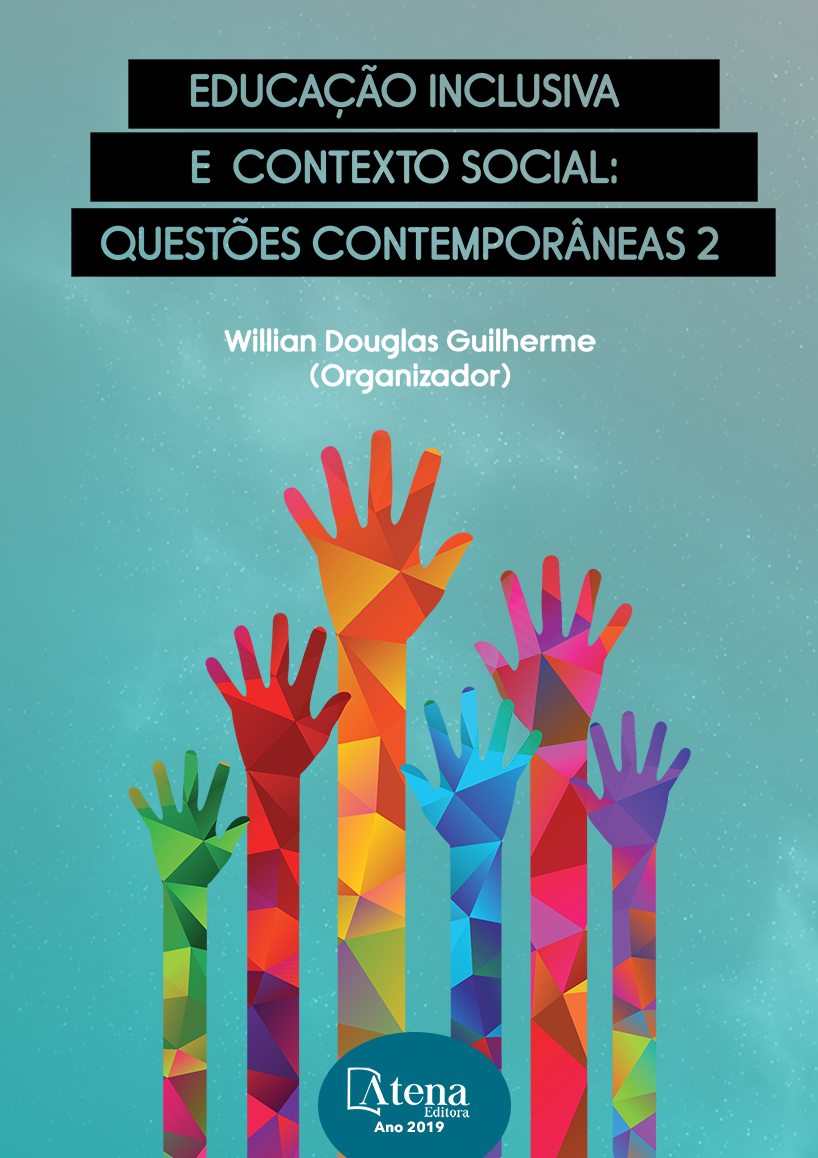
O ENSINO DA MATEMÁTICA PARA ALUNOS COM DEFICIÊNCIA INTELECTUAL NOS ANOS INICIAIS DA EDUCAÇÃO BÁSICA
O presente artigo tem por objetivo descrever sobre o ensino da matemática aos alunos com deficiência intelectual nos anos iniciais da educação básica e apontar as possibilidades de atuação do professor no processo de inclusão social/escolar de crianças com necessidades educacionais especiais. Inicialmente, será apontado as questões relacionadas com a Educação Inclusiva, a partir de considerações sobre o movimento de inclusão no Brasil, sobre a política da inclusão escolar no sistema educacional e alguns limites e possibilidades da escola para atender à diversidade. Em seguida, fundamenta-se a abordagem pedagógica na área da matemática na interface entre a educação inclusiva, estratégias de ensino e suas possibilidades de atuação. Apesar de as políticas públicas preconizarem a garantia de acesso escolar e a aceitação da diversidade, a literatura aponta muitas dificuldades para sua implementação na realidade brasileira. Apresenta ainda uma pesquisa realizada sob o molde de amostragem comparativa denotando a inclusão em duas escolas com públicos diferentes, convergindo assim para comunicar as múltiplas formas de inclusão que ora são realizadas, ora negadas às pessoas com deficiência intelectual. Após categorização dos dados, os resultados foram comparados, analisados e reportados.
O ENSINO DA MATEMÁTICA PARA ALUNOS COM DEFICIÊNCIA INTELECTUAL NOS ANOS INICIAIS DA EDUCAÇÃO BÁSICA
-
DOI: 10.22533/at.ed.34419250613
-
Palavras-chave: Deficiência Intelectual. Educação. Matemática
-
Keywords: Intellectual Disability. Education. Mathematics.
-
Abstract:
This article aims to describe the teaching of mathematics to students with intellectual disabilities in the initial years of basic education and to point out the possibilities of the teacher’s performance in the process of social / school inclusion of children with special educational needs. Initially, issues related to Inclusive Education will be pointed out, based on considerations about the inclusion movement in Brazil, about the policy of school inclusion in the educational system and some limits and possibilities of the school to attend to diversity. Next, the pedagogical approach in the area of mathematics is based on the interface between inclusive education, teaching strategies and its possibilities of action. Although public policies advocate the guarantee of school access and the acceptance of diversity, the literature points out many difficulties for its implementation in the Brazilian reality. It also presents a research carried out under the model of comparative sampling denoting the inclusion in two schools with different public, thus converging to communicate the multiple forms of inclusion that are now carried out, sometimes denied to people with intellectual disabilities. After categorizing the data, the results were compared, analyzed and reported.
-
Número de páginas: 15
- Leandro Teles Antunes dos Santos
- Karina Ferreira de Oliveira


